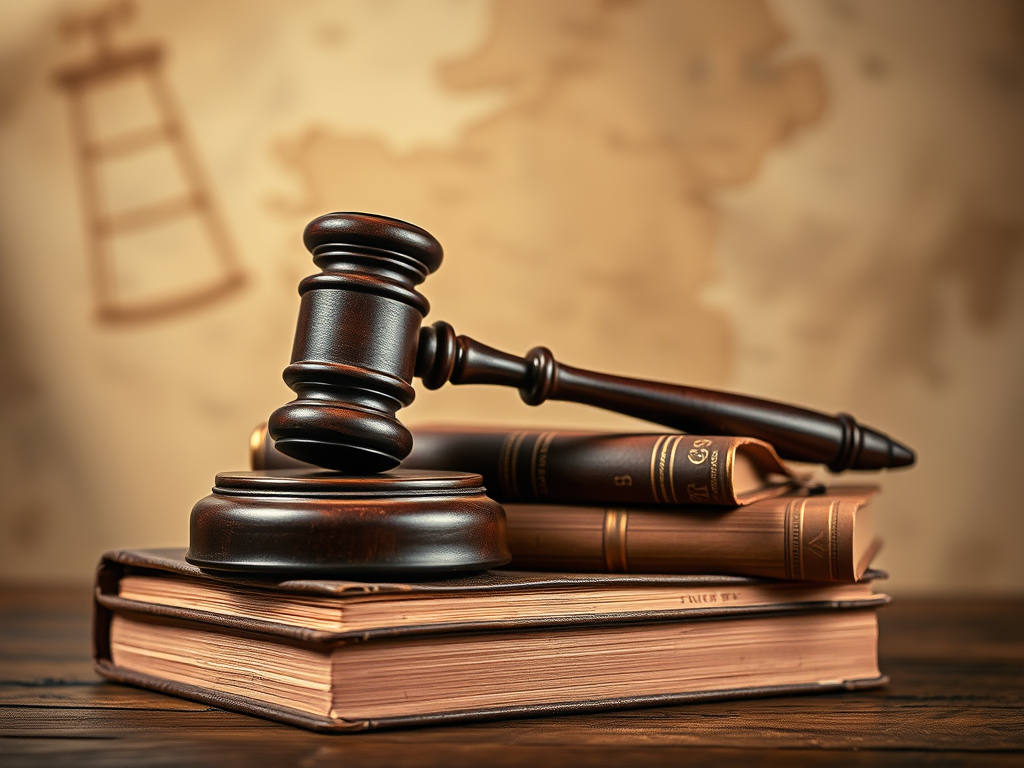
|
Getting your Trinity Audio player ready...
|
The controversies surrounding RTÉ have pushed the issue of TV licence reform in Ireland into the spotlight. The surge in non-payment and prosecutions has raised serious questions about whether the current system under the Broadcasting Act of 2009 is fair or effective. Many now believe that parts of the Act may even be unconstitutional.
The Burden of Proof Dilemma
The Act reverses the burden of proof, placing it on individuals to prove they don’t need a licence. Typically, prosecutors must prove guilt, but under this law, the accused must demonstrate innocence.
Section 125(1) of the Broadcasting Act states:
“In any proceedings for an offence under this Act, it shall be presumed, until the contrary is proved, that the defendant… uses a television set.”
This forces people to prove they don’t have a TV or that their devices don’t meet the legal definition of a “television set.”
This approach may clash with:
- Article 38.1 of the Irish Constitution, which guarantees fair trials and presumes innocence.
- Article 6 of the European Convention on Human Rights, which protects the same rights.
By shifting the burden, the law makes compliance harder for citizens. Such provisions risk undermining the right to a fair trial.
The Problem with Defining a “Television Set”
The Broadcasting Act defines a “television set” in ways that feel outdated. In today’s digital world, the definition no longer matches reality.
For instance:
- A standard PC can become a TV by adding a tuner card.
- A smart TV without a Saorview tuner can still access live broadcasts through the internet.
This vagueness causes uncertainty. The law must clarify whether a device needs to be “designed” to receive signals or merely “capable” of doing so. Without clear guidelines, enforcement risks being arbitrary.
Enforcement Powers and Privacy Concerns
An Post enforces TV licence compliance. While its powers are necessary for the system, they also raise privacy concerns. Investigations into private homes could lead to unnecessary intrusion. A balance between effective enforcement and respect for privacy is essential.
Time for Reform
The Broadcasting Act has legal flaws and outdated definitions. These issues demand urgent attention. While funding public service broadcasting remains vital, the system must reflect modern viewing habits and legal standards.
Possible reforms include:
- Shifting the burden of proof back to prosecutors, respecting the presumption of innocence.
- Updating the definition of a “television set” to reflect today’s technology.
- Considering new funding methods, like general taxation or hybrid models, to ensure fairness and sustainability.
As the founder of TruthWars, Truth brings an unapologetically bold voice to the forefront of today’s critical issues. Committed to exposing hidden truths and questioning popular narratives, Truth combines in-depth research with a sharp eye on media and government actions.
With experience in digital publishing and a dedication to clarity, TruthWars crafts content that both challenges and informs, delivering powerful insights to readers.
Driven by a passion for truth and transparency, Truth is building TruthWars into a trusted platform for independent thought.
Discover more from Truthwars
Subscribe to get the latest posts sent to your email.






